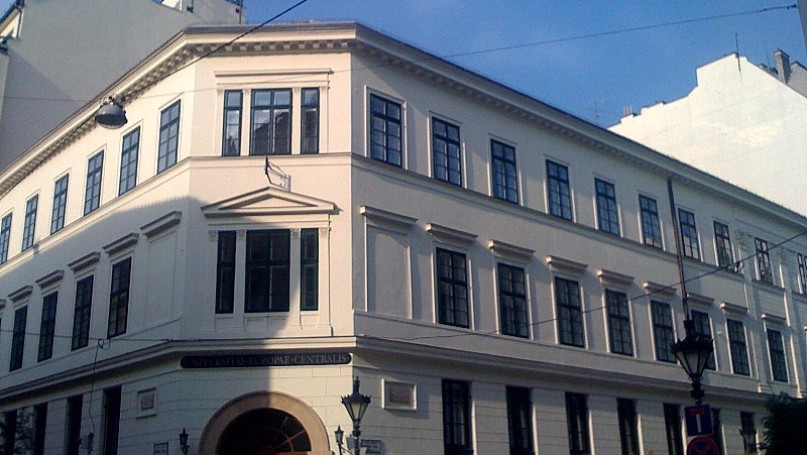
This week the Ivory Tower presents a five part series about life inside an academic journal. In this introduction we meet the journal’s founding editor and discover a little more about one of Eastern Europe’s most exciting publishing projects.
Shortly after arriving in Europe in 2006 I had the chance to visit Hungary and present a conference paper at CEU, the Central European University. Founded at the end of the Cold War, CEU has quickly established itself as a leading institute for graduate studies in Central and Eastern Europe, with its political science and international relations faculty ranked in the top 50 of all such programs worldwide. At the conference I got to know some of the other graduate students, including two rather dynamic individuals by the name of Sergiu Gherghina and Arpad Todor. Both were keen to inform me about a new publishing project the CEU Political Science department was supporting and that they were involved in establishing: a political science journal. It sounded interesting and I allowed my conference paper to enter the submissions queue following the conference proper. I would eventually publish a revised version of that paper with the journal – it would go on to be one of the most downloaded of my papers over the past few years – and so set in motion my relationship with the Central European University Political Science Journal team.
After publishing that article with the CEU PSJ I would go on to serve as a referee for other submissions, write some book reviews for the journal, and eventually I would accept an invitation to join the journal’s Editorial Board in 2010. I’ve come to enjoy working with the journal and seeing the names in the submission queue rise to published status, and later to see those published in the journal move on to publish chapters and monographs internationally.
To give Ivory Tower readers an insight into how an academic journal works I sat down with Founding and Managing Editor Sergiu Gherghina and quizzed him on all aspects of the process of launching, sustaining, developing and managing an academic journal. Sergiu was able to take me through everything from how the journal was first conceived to how it was launched, the importance of institutional support, the quality control process and a step-by-step explanation of what happens from the moment a submission is received to the moment it appears in print. He also explained to me some of the core philosophies of the CEU PSJ, including its commitment to an open access publication model in an era where commodification of academic articles remains the norm.
Sergiu himself has long since departed from CEU but remains the driving force behind the journal. After completing his MA at the university in 2006 he moved to Leiden University to write an MPhil in Political Science and a PhD in Political Science. He would move from Leiden to Cologne, Germany, to take up a research position at the GESIS Leibniz Institute for the Social Sciences, before undertaking a post-doctoral position at the Frankfurt-based Goethe University from April 2013. He continues to publish widely in political science and to coordinate international collaborative projects in a number of fields including a book project on populist politics that I, myself, contributed to. Yet for all of his varied interests and projects, the CEU PSJ remains close to his heart and an important part of his work schedule each week. The job of an editor, as this series will explore, is rarely ever completely done.
In the coming days The Ivory Tower will explore the role of the editor and the ‘behind the scenes’ processes of an academic journal. With the CEU PSJ as its case study, this series will take readers back to the birth of the journal nearly a decade ago, through the early years of a new publication, inside the decision making process that results in acceptance or rejection of work every quarter, and also take a look to the future of the journal and the challenges to come.
Further Reading on E-International Relations
- Opinion – Twitter as an Orwellian Global Editor
- Opinion – Scotland: Host of COP26 but Divided on Its Role in the World
- Now Recruiting – International Security Commissioning Editors
- Student Mobility and Its Relevance to International Relations Theory
- Now Recruiting – IR Theory Editors
- Opinion – The EU’s Regulation on Deforestation-Free Products and its Malcontents